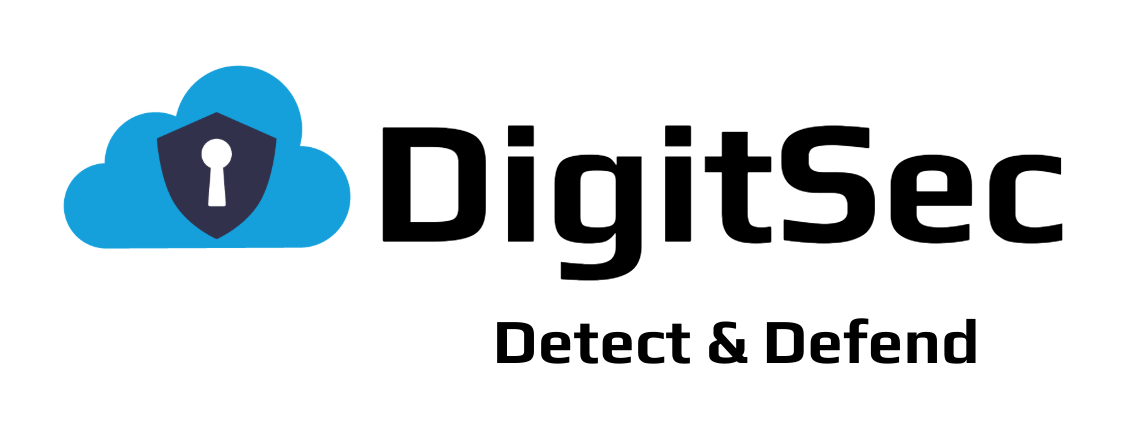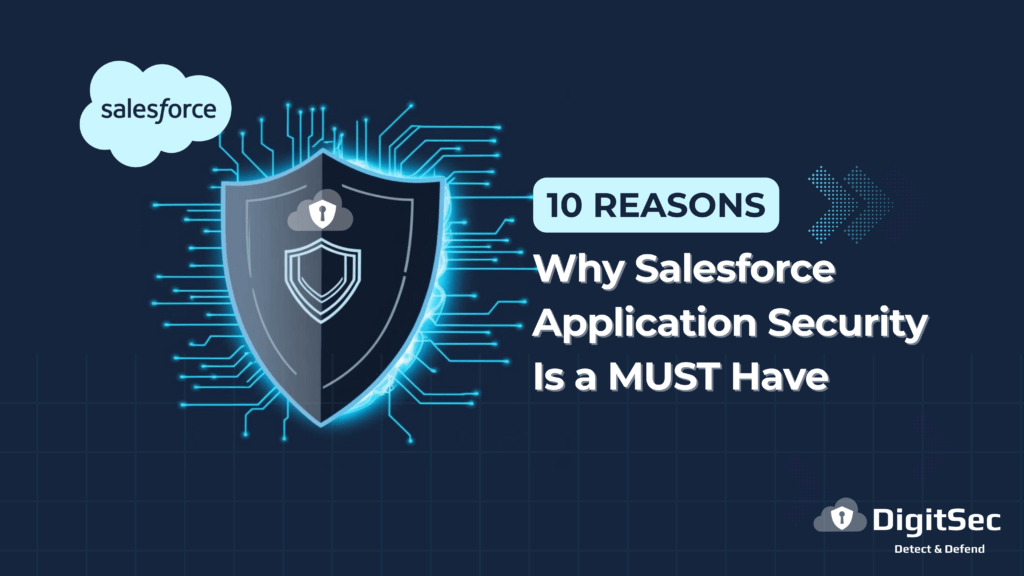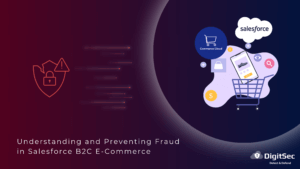In today’s digital-first world, businesses increasingly depend on cloud-based platforms like Salesforce to manage customer relationships, streamline operations, and drive growth. Salesforce has become a vital SaaS application for many organizations, as it streamlines processes, stores sensitive customer and financial information, and enhances overall sales efficiency. However, with great power comes great responsibility; ensuring the security of your Salesforce application is no longer optional—it’s essential.
Here’s why Salesforce application security is crucial for your business:
- Protecting Sensitive Data
Salesforce stores a wealth of sensitive information, including customer details, payment information, and proprietary business data. A security breach from a vulnerability could lead to data theft, financial loss, and reputational damage. Implementing robust security measures that include security code scans helps to ensure that data remains confidential and protected from unauthorized access.
- Compliance with Regulations
Businesses operating in regulated industries, such as healthcare, finance, or e-commerce, must comply with strict data protection laws, such as GDPR, HIPAA, or CCPA. Salesforce application security helps you meet these compliance requirements by ensuring vulnerabilities are identified, access is controlled, and audit trails are maintained.
- Preventing Unauthorized Access
Salesforce is a highly customizable platform that allows users to be granted differing levels of access. Without proper security measures in place, unauthorized individuals may gain access to sensitive data or critical functionalities. To reduce this risk, it’s essential to ensure proper access control and conduct regular reviews of access permissions.
- Safeguarding Against Cyber Threats
Cyberattacks are becoming more sophisticated, with hackers increasingly targeting cloud platforms like Salesforce, especially B2C E-commerce. Common threats include fraud, unsecure third-party applications, and data export activities. To protect your Salesforce environment from these threats, it is essential to implement code security measures by leveraging security scans.
- Maintaining Business Continuity
A security breach can disrupt business operations, causing downtime, reduced productivity, and financial losses. By prioritizing Salesforce application security, you can ensure business continuity and reduce the risk of disruptions caused by cyber incidents.
- Building Customer Trust
Customers trust businesses to protect their personal information. A single security breach can erode that trust and damage your brand’s reputation. By demonstrating a commitment to Salesforce application security, you can build and maintain customer confidence in your brand.
- Securing Customizations and Integrations
Salesforce’s flexibility allows businesses to customize the platform and integrate third-party applications. However, these customizations and integrations can introduce vulnerabilities if not properly secured. Regular security scans and code reviews are essential to identifying vulnerabilities and addressing potential risks.
- Proactive Application Security
Salesforce application security isn’t just about preventing breaches—it’s also about detecting vulnerabilities in code to take immediate action and build cyber resiliency. Vulnerability scans are proactive, rather than relying on reactive tools like firewalls, IDS/IPS, and SIEMs that help mitigate risk after the fact.
- Cost Savings in the Long Run
Investing in Salesforce application security may seem like an additional expense, but it can save your business significant costs in the long run. The financial impact of a data breach—including fines, legal fees, and lost revenue—far outweighs the cost of implementing robust security measures.
- Staying Ahead of Evolving Threats
The cybersecurity landscape is constantly evolving, with new threats emerging every day. Performing regular security scans of your Salesforce applications and staying informed about the latest threats can help you stay one step ahead of cybercriminals.
Best Practices for Salesforce Application Security
To ensure your Salesforce application is secure, consider implementing the following best practices:
- Enable multi-factor authentication (MFA) for all users.
- Regularly review and update user permissions.
- Encrypt sensitive data both in transit and at rest.
- Conduct regular security audits and penetration testing.
- Monitor login attempts and user activity for suspicious behavior.
- Educate employees about cybersecurity best practices.
- Ensure any custom code deployment undergoes security review at every stage of your development pipeline.
Conclusion
Salesforce application security is not just a technical requirement; it’s a business necessity. By prioritizing security, you can protect your data, comply with regulations, and build trust with your customers. In a world where cyber threats are increasing, taking proactive steps to secure your Salesforce environment is the best way to safeguard your business and ensure its long-term success. Remember, security is not a one-time effort; it’s an ongoing process. Stay vigilant, stay informed, and make Salesforce application security a top priority for your organization.
To learn how to identify, correct, and mitigate risks in your Salesforce or your B2C E-commerce Cloud application development, visit us at www.digitsec.com or email us at info@digitsec.com.






